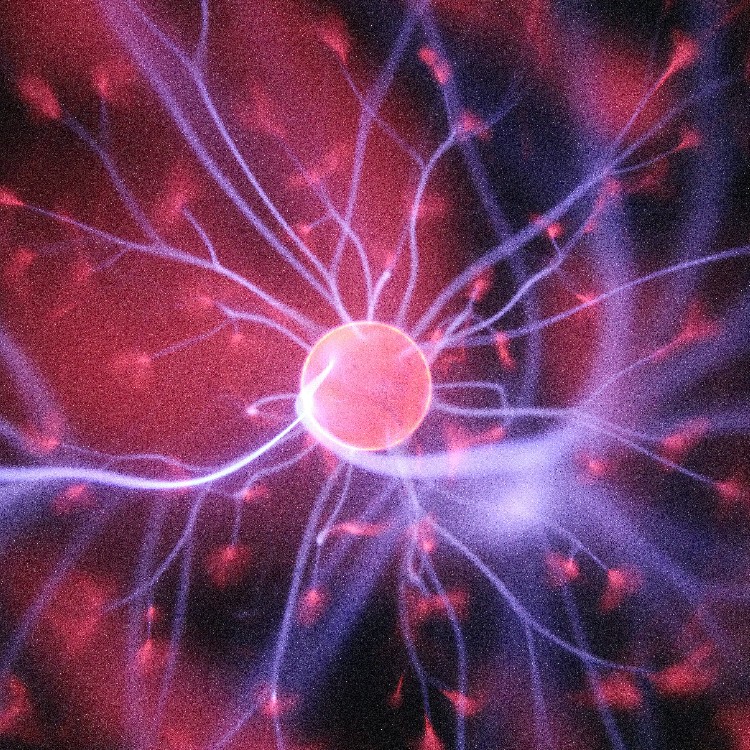Fisetin is a polyphenol that has captivated scientists with its remarkable anti-aging potential. Apart from its ability to promote longevity, this extraordinary compound demonstrates strong antioxidant and anti-inflammatory properties. In this guide, we’ll go through its structure, health benefits, clinical studies, and more. Stay tuned.
What Is Fisetin?
Fisetin belongs to the group of senotherapeutics – compounds that inhibit factors involved in aging – DNA damage, oxidative stress, proteotoxic stress, and telomere shortening. It is found in significant concentrations in strawberries, apples, and onions. However, when taken from natural sources, it shows low oral bioavailability.
How Does Fisetin Work?
In the human body, fisetin acts through similar mechanisms as calorie restriction and fasting – by inducing autophagy. This allows the process of apoptosis (programmed cell death), which is beneficial in controlling cancer cell proliferation. Besides apoptosis and autophagy, fisetin inhibits several inflammatory factors.
Clinical Studies of Fisetin
Several studies have examined the effects of fisetin on human health. Among the ten flavonoids researched in 2018, fisetin demonstrated the most potent senolytic potential. It was also found that fisetin reduces age-related pathology and extends lifespan.
Fisetin Benefits
There are numerous benefits of fisetin stemming from its senolytic properties. Let’s dive deeper into them:
Antioxidant Properties
As a powerful antioxidant, fisetin exhibits the ability to neutralize free radicals and prevent oxidative damage. Its antioxidant properties reduce the risk of certain chronic diseases.
Anti-inflammatory Effects
Inflammation is the body’s natural response to injury or infection. However, when it becomes chronic, it can lead to various health problems. Fisetin inhibits inflammatory pathways and reduces the production of inflammatory molecules called cytokines. Thus, it helps to calm the inflammatory response, which may be beneficial for conditions such as arthritis and psoriasis.
Neuroprotection
The brain-protective properties of fisetin mostly stem from its anti-inflammatory abilities. Fisetin reduces inflammation in the brain, which is linked to diseases like Alzheimer’s and Parkinson’s.
The antioxidant effects of fisetin prevent free radicals from damaging brain cells. It may also improve cognitive performance by enhancing communication between brain cells and stimulating the growth of new brain cells. These effects suggest that fisetin could be beneficial for maintaining brain health and reducing the risk of neurodegenerative diseases.
Metabolism Regulation
Fisetin shows positive benefits for metabolic health. It improves insulin sensitivity, which means cells better respond to insulin and take up glucose from the blood easier. This can help prevent high blood sugar levels, which is important for managing diabetes and reducing the risk of its complications. Fisetin also increases the activity of enzymes involved in metabolism and improves fat breakdown.
Cancer Prevention
This potent flavonoid may prevent cancer in several ways. First of all, fisetin induces apoptosis in various types of cancer. Fisetin may also reduce the growth of cancer cells by inhibiting metastasis, the spread of cancer from one part of the body to another. Although more research is needed to determine fisetin’s exact role in cancer prevention, these findings suggest that fisetin could be a valuable component of cancer prevention and treatment.
Cardiovascular Health
There are several benefits of fisetin for cardiovascular health. It can improve blood vessel function, which helps maintain healthy blood pressure and blood flow. Fisetin also reduces inflammation in the arteries, which lowers the risk of atherosclerosis (a condition where plaque builds up in the arteries and restricts blood flow). Additionally, fisetin has been shown to lower LDL cholesterol levels, thereby reducing the risk of heart disease and stroke.
Skin Health
Fisetin’s antioxidant and anti-inflammatory effects can reduce redness, swelling, irritation, and premature skin aging. It promotes collagen synthesis, which is essential for preserving skin elasticity and strengthening the skin barrier. These findings suggest that fisetin could be beneficial for maintaining skin health, reducing the signs of aging, and protecting against UV-induced damage.
Anti-allergic Properties
Fisetin exhibits anti-allergic properties by inhibiting the release of histamine and other inflammatory mediators in allergic reactions. Immune cells release histamine in response to allergens, causing symptoms such as itchiness, sneezing, and swelling. By blocking histamine release, fisetin can alleviate these symptoms.
It also reduces the production of other inflammatory molecules that contribute to allergic reactions, which further reduces the allergic response. These studies imply that fisetin may be helpful in controlling allergic conditions like asthma, allergic rhinoconjunctivitis, and atopic dermatitis.
Bone Health
Fisetin may improve bone density in several ways:
- by promoting the formation of new bone cells (osteoblasts),
- inhibiting the activity of cells that break down bone, known as osteoclasts,
- reducing inflammation in the bones and joints, which may alleviate symptoms of inflammatory conditions,
- protecting bone cells from free radical damage, which can contribute to bone loss and osteoporosis.
Antiviral Activity
Fisetin has demonstrated strong antiviral activity against several viruses in laboratory studies. This polyphenol inhibits the replication of viruses, the process by which they multiply and spread in the body. It may also enhance the immune system’s response to viral infections, helping it to eliminate the virus from the body. Aside from that, fisetin’s antioxidant and anti-inflammatory properties can reduce the damage caused by viral infections.
Fisetin Foods
Fisetin occurs in various fruits and vegetables. Some of the richest sources of fisetin include strawberries, apples, grapes, onions, persimmons, kiwi, mangoes, tomatoes, peaches, and cucumbers. Besides fisetin, these foods also contain other necessary nutrients and fiber.
Frequently Asked Questions
Which is better: quercetin or fisetin?
It is important to consider specific health goals and conditions before using quercetin or fisetin. Quercetin is well-studied for its broad range of benefits for the cardiovascular and immune system. Though less researched so far, fisetin shows efficacy in the field of longevity.
Is it OK to take fisetin every day?
Smaller doses of fisetin (up to 500mg) per day are considered safe. For higher doses, consult with your physician.
Should I take fisetin and quercetin together?
As both compounds belong to the group of flavonoids, taking them together provides a positive impact on overall health and longevity. A recent study revealed their synergistic action in controlling the proliferation of breast cancer cells.
Does fisetin have side effects?
No adverse effects have been reported in humans. However, it’s always advisable to check with your physician before beginning any new supplement regimen.
Does fisetin slow aging?
Fisetin achieves remarkable anti-aging properties through the inhibition of cellular pathways that influence the aging process.
Does fisetin help with anxiety?
Research from 2017 discovered that fisetin demonstrated antidepressant effects. The results suggested that fisetin’s potential therapeutic role in depression may be mediated by the activation of the TrkB signaling pathway. This study indicates its broader mental health implications, which could extend to anxiety.

